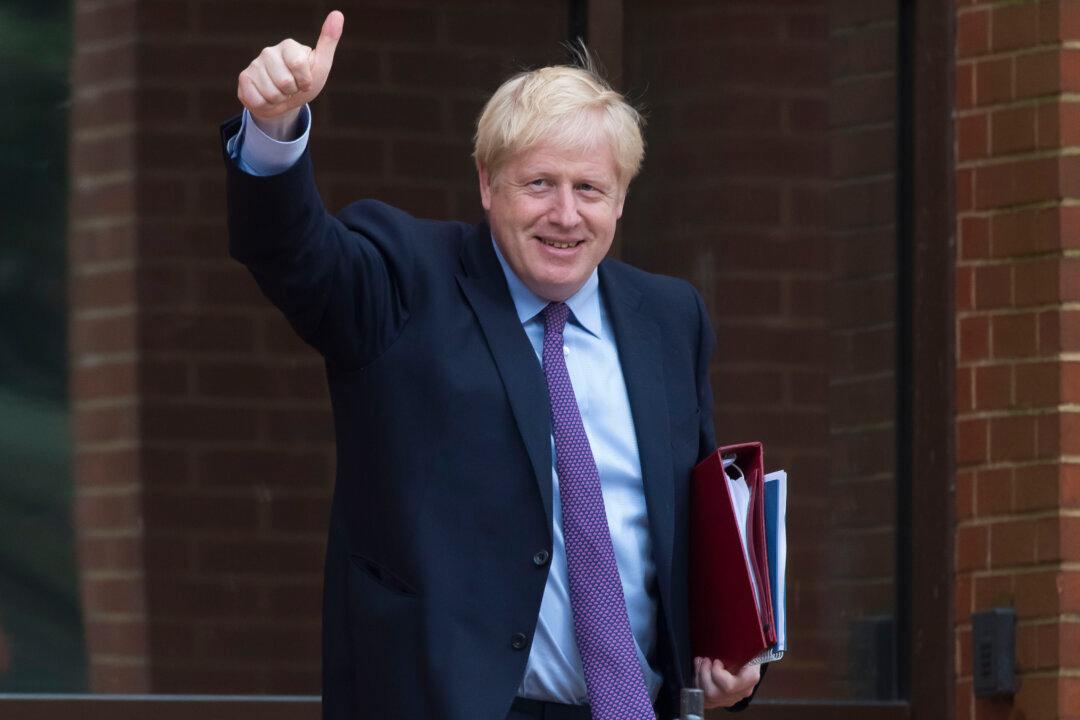In July 2019, Boris Johnson, the leader of the Conservative Party became prime minister of the United Kingdom. Johnson has stated that he will honor the Brexit Referendum of 2016 and leave the European Union, even if that means a “no-deal Brexit.”
Some may also be aware that Johnson is a colorful character. He is well-known for his wit, his sloppy dress, his bicycle riding, his sometimes unconventional personal life, his stunts as mayor of London, and like Donald Trump, for his hairstyle, which in Johnson’s case means long, intentionally ruffed, blond hair that we must assume is dyed.






